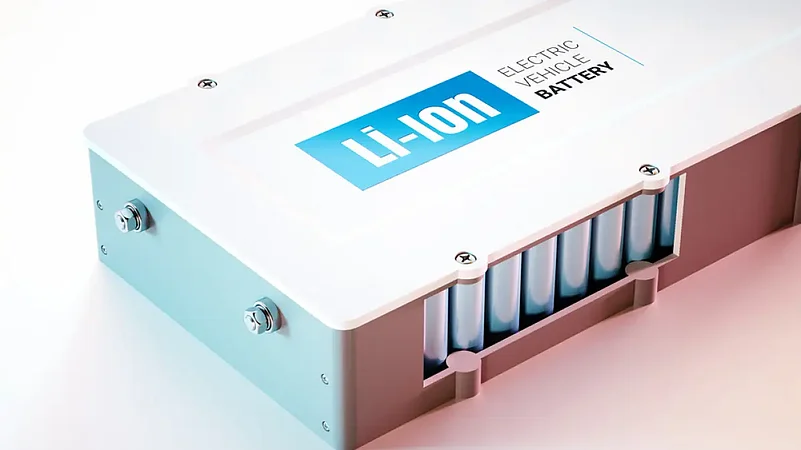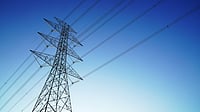The International Energy Agency (IEA) has issued a stark forecast, predicting an 870 percent increase in global lithium demand by 2040. As the race to secure critical minerals intensifies, advances in battery recycling have emerged as a pivotal strategy for nations to build substantial reserves of precious materials used in electric vehicles (EVs) while reducing geopolitical risks, particularly those linked to China’s dominance in mineral refining.
According to the Cleantech Group, key global players, including the United States, the European Union, and China, have achieved significant milestones in promoting circularity—a sustainability approach centred on reuse and recycling. These advancements are supported by new technologies that drastically reduce energy consumption and cut emissions nearly in half compared to traditional mineral production. Recycling efforts now focus on essential battery minerals such as lithium, nickel, graphite, and cobalt.
Both European and Chinese automakers are increasingly turning to direct recycling processes to maximise returns on extended producer responsibility (EPR) mandates in Europe and to enhance the economics of Lithium Iron Phosphate (LFP) battery recycling in China.
The global push to find alternatives to China's dominance in mineral refining is intensifying. As China leverages its mineral refining capabilities to dominate the EV market, other nations are ramping up efforts to break free from this dependency. Brazil, for instance, is positioning itself as South America's alternative to China, while the United States is aggressively seeking non-Chinese sources of critical minerals. The U.S. government has earmarked $7 billion to advance domestic mineral refining, battery cell manufacturing, and recycling initiatives. Meanwhile, the European Union and several other countries are making similar investments to bolster their domestic supply chains.
Automakers are also taking note of these trends. While many have secured agreements with recyclers to collect, transport, and recycle batteries to comply with EPR mandates, only a few, such as BYD, Tesla, and Northvolt, have fully integrated recycling into their operations. For most automakers, battery recycling remains unprofitable, and widespread integration is unlikely until end-of-life EV batteries, rather than manufacturing scrap, become the primary source of recyclable material.
The surge in global demand for battery minerals is also reflected in venture capital investments, which doubled to $4.5 billion in 2023, primarily driven by U.S. policies such as the Inflation Reduction Act of 2022. This influx of capital has attracted interest from battery makers, refiners, mining giants, and automakers alike. Joint ventures between automakers and battery recyclers are playing a crucial role in scaling up innovative recycling technologies, with industry heavyweights like General Motors, Ford, Volkswagen, Honda, and LG leading the charge through offtake agreements or technology licensing.
As global demand for lithium and other critical minerals continues to climb, battery recycling is poised to become an essential component of the supply chain, offering a sustainable and strategic solution to meet the world's growing energy needs.

























